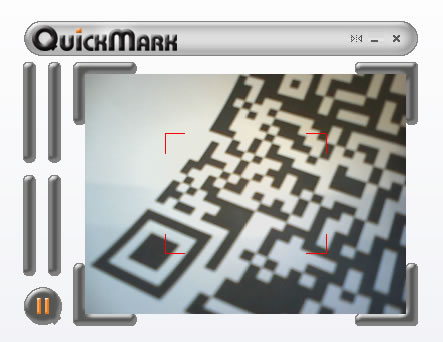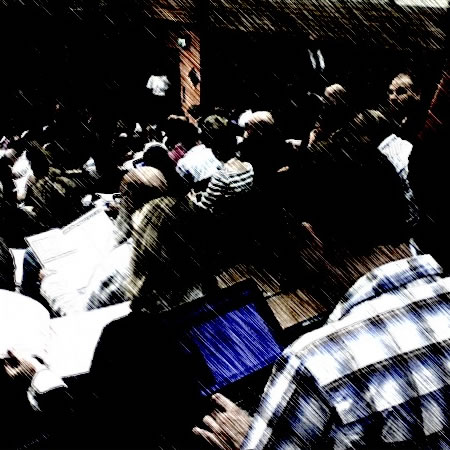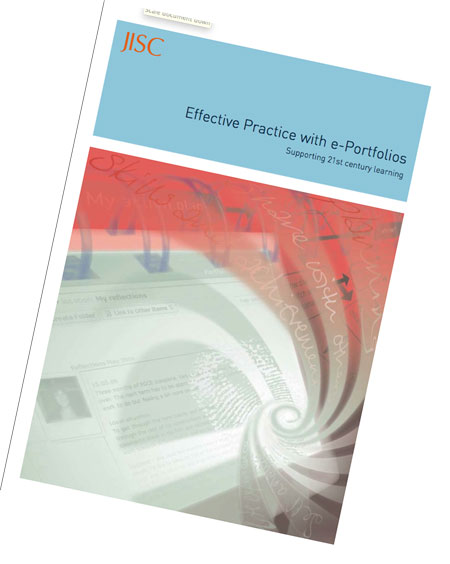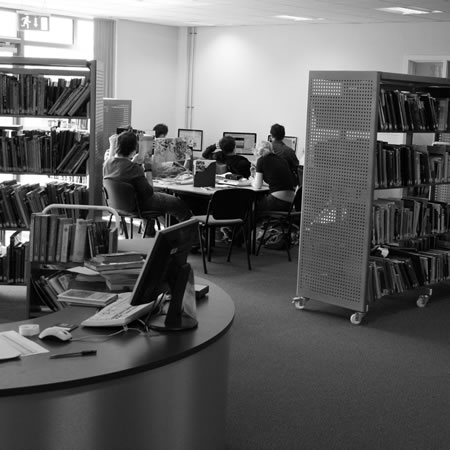I have been looking at QR Codes for a while now, though apart from the odd presentation or handout, I haven’t made great use of them across my college.
Recently though I have been thinking about using them more, partly down to their use as part of MoLeNET and in the main as Gloucestershire College is part of a JISC Innovation project with the University of Bath looking at QR Codes.
In case you don’t recall, QR Codes allow information to be sent to a mobile phone via the camera. Simply put the information or link is encoded into a barcode type graphic.
This is a QR Code.
You then take a photograph of the barcode, and with special reader software you are able to convert the barcode into information, which could be a link to a website or just plain information.
Back in 2007 when I was looking at them, very few of our students had cameraphones (that has changed) and most phones did not have the right software (that has also changed).
Today it is very easy to find software for a range of phones that allow the phone to read QR Codes.
However one of the BIG constraints on the use of QR Codes is the need to access the web on your phone when reading QR Codes. Though the cost of 3G has fallen considerably generally it is not something you will find on many pay as you go phones and is often an extra on monthly contract phones. Very few modern phones have wifi, so though we have a student wireless network, few of our students would be able to access that network over their phone.
Yesterday at a QR Codes Workshop ran at Gloucestershire College by Andy Ramsden from Bath, we were discussing QR Codes and he mentioned that Quickmark had a QR Code reader for a webcam.
I went to the site, downloaded and installed the software on my Samsung Q1 which has a built in camera.
The software works very well and I was impressed with how easy it was to use.

To me this makes it very easy to start rolling out the use of QR Codes has if you have a computer then it is very likely that either it has a webcam, or you can get a webcam quite cheaply for it. As a result you will be able to scan in QR Codes using your computer as well as your phone.
This means that lecturers can add QR Codes to handouts that link directly into the appropriate part of the VLE or to another website. There are other uses as well.
Now just need to find a QR Code reader that runs on Linux so I can use it on an EeePC and one that runs on OS X for my MacBook Pro.





